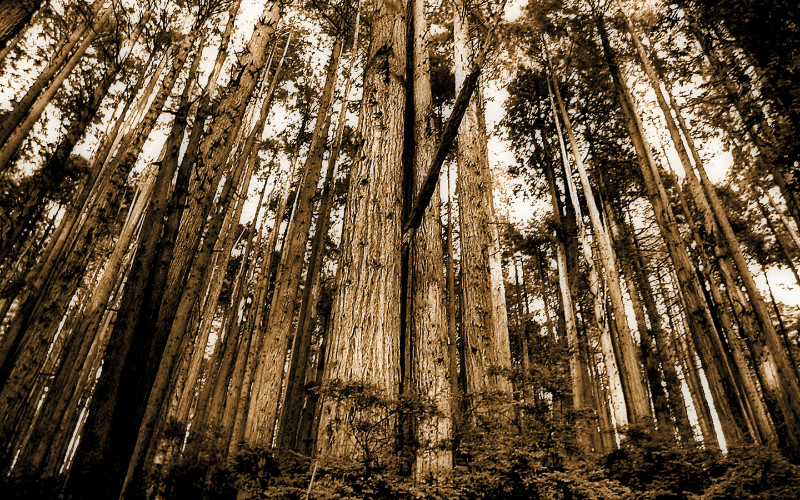
In the realm of sustainable gardening practices, the choice of mulch can significantly impact both the health of your plants and the environment. Amidst a plethora of options, pine bark mulch emerges as a standout contender, offering a blend of efficacy and eco-friendliness that’s hard to match.
Pine bark chips, also known as pine bark nuggets, are derived from the outer layers of pine trees, making them a natural byproduct of the timber industry. This recycling of bark waste not only reduces environmental strain but also repurposes materials that might otherwise end up in landfills.
What Makes Pine Bark Mulch So Special?
1. Natural Insulation:
Pine bark mulch acts as a natural insulator for the soil, shielding it from extreme temperatures. During hot summer months, it helps retain moisture, preventing the soil from drying out too quickly. Conversely, in winter, it provides a protective layer against frost, safeguarding delicate roots.
2. Weed Suppression:
One of the primary benefits of using pine bark mulch is its ability to inhibit weed growth. The dense texture of the chips creates a barrier that stifles weed germination and growth, reducing the need for chemical weed killers and manual weeding.
3. Soil Enrichment:
As pine bark mulch decomposes, it gradually releases essential nutrients into the soil, enriching it and promoting healthier plant growth. Unlike synthetic fertilizers, which can leach harmful chemicals into the environment, pine bark mulch offers a natural and sustainable solution for soil enrichment.
4. Moisture Retention:
By forming a protective layer over the soil, pine bark mulch helps reduce moisture evaporation, ensuring that plants have a consistent water supply. This not only conserves water but also minimizes the need for frequent irrigation, making it an excellent choice for drought-prone regions.
Environmental Impact of Pine Bark Mulch
1. Renewable Resource:
Harvesting pine bark for mulch production is a sustainable practice since it does not involve cutting down trees. Instead, it utilizes bark that is a byproduct of the timber industry, minimizing waste and maximizing resource efficiency.
2. Biodegradability:
Unlike synthetic mulches that persist in the environment for years, pine bark mulch naturally decomposes over time, returning to the soil as organic matter. This not only reduces landfill waste but also enriches the soil, fostering a healthier ecosystem.
3. Carbon Sequestration:
As pine bark mulch decomposes, it sequesters carbon dioxide from the atmosphere, helping mitigate climate change. By incorporating this mulch into your gardening practices, you’re not only beautifying your landscape but also contributing to carbon capture efforts.
Conclusion
In conclusion, pine bark mulch stands out as a versatile and environmentally friendly option for gardeners seeking sustainable solutions. From weed suppression to soil enrichment, its myriad benefits make it a valuable addition to any gardening arsenal. By harnessing the power of pine bark chips, we can create thriving landscapes while minimizing our environmental footprint. So, next time you’re considering mulching materials, think green with pine bark mulch!